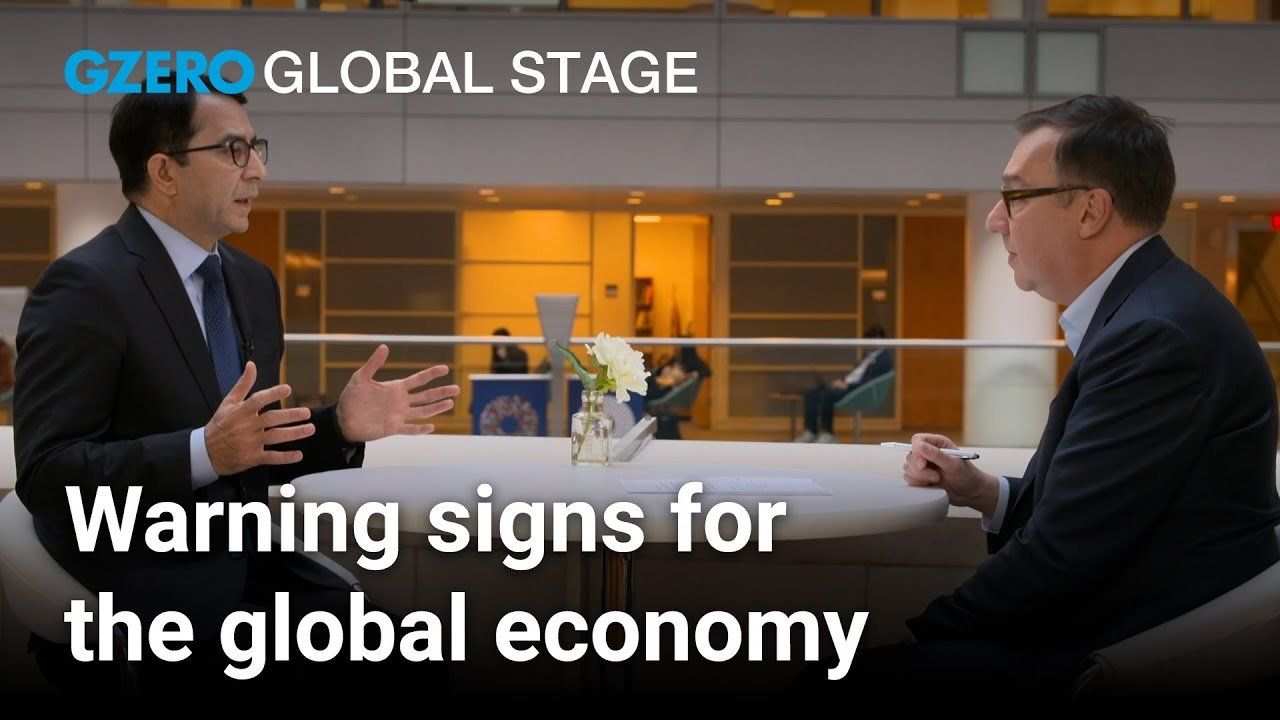Global economy at risk if Middle East conflict expands, says World Bank's Ayhan Kose

While the global economy shows signs of growth and decreasing inflation, the near future involves risks, including the escalation in the Middle East impacting oil prices, strained China-US relations, and an increasingly challenging tariff and trade environment, said Ayhan Kose, World Bank Deputy Chief Economist. He discussed the geopolitical tensions influencing the global economy with GZERO's Tony Maciulis at the IMF and World Bank Annual Meetings in Washington, DC, in a GZERO Global Stage interview. Kose also addressed the other major economic gathering happening this week: Russia’s 16th annual BRICS Summit in Kazan, Russia, largely seen as a counterweight to Western-led order. While acknowledging the widening economic and geopolitical divide, Kose emphasized the need for international cooperation. He expressed concern about “the increase in the number of protectionist measures and consequences of that for global trade.” Kose also emphasized the "urgent and important" need for World Bank member nations to continue to support development in poorer countries, a more difficult conversation today as many face their own economic headwinds and the world awaits the results of the 2024 US presidential election.